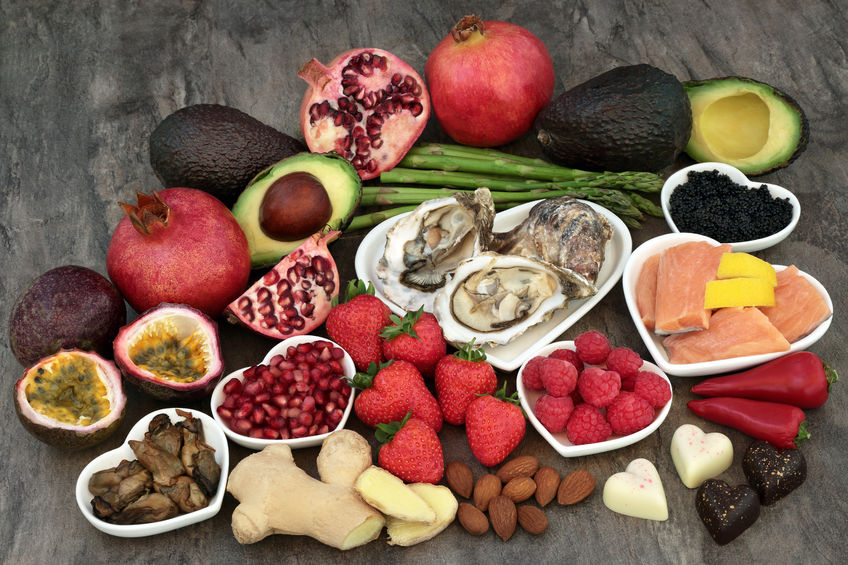“I’ve got to start eating healthy. Starting Monday: no sugar, no gluten, no dairy and I’m bringing salads for lunch every day.” How many times has this, or some variation of it, been said after indulging too much or too often? With a burst of motivation, you start the week off with your new diet rules in place. As time goes on…motivation starts to wane, social events come up, you’re tired of not being able to eat anything and eventually you find yourself back in your old ways.

As a Nutritionist, I see many people struggle to maintain a healthy diet. Today I’m sharing the common diet pitfalls and how to avoid them:
- Add Foods to Your Diet Rather Than Remove Them
Its common practice when making changes to one’s diet to place too much emphasis on removing foods and not give enough attention to adding foods. Rather than making a goal to cut out multiple foods cold turkey, which can be hard to maintain, make smaller, more manageable goals to eat more whole foods. Examples; I am going to add one serving of leafy greens at both lunch and dinner; I am going to increase my Omega 3 fatty acid intake by adding walnuts to my breakfast. Once you’ve added a few healthful foods to your diet, then focus on removing the less healthful ones (you’ll crave them less too once you are eating a whole foods diet!). - Stop Thinking of Foods as a “Cheat”
Thinking of foods as a cheat or incorporating cheat meals into your week can create disordered thoughts and behaviors around food. It also creates a scarcity mindset: by labelling something as completely off limits don’t you find that’s all you can think about and crave? By the time that cheat meal rolls around you’ve got to eat as much of that food as you can because come Monday, you won’t be eating it anymore. By reframing our language with food and switching to an abundance mindset, it’s easier to make long lasting changes and be consistent. Instead of labelling something as a “cheat”, think of it as something that you are choosing not to eat because it doesn’t make you feel good. It will always be there if and when you decide to eat it. - Aim for Consistency over Perfection
As a recovering perfectionist, I can say with certainty that constantly chasing the perfect diet doesn’t get you very far with health. Perfectionists can create so much stress around eating that it can become extremely unhealthy. A ‘pretty good’ diet that you are having fun with and is sustainable is much healthier to your mind and body. Your body will remember what you eat 80% of the time; the odd ‘indulgence’ here and there won’t have much impact. Consistency is key. - Always have a plan
While I’m a big fan of knowing how to eat well on the fly, it’s just as important to have a plan in place for your week so you don’t find yourself scattered, eating at odd times and dining out all week. Taking some time before the week starts (for most, this is best done on Sunday) to map out grocery shopping (if needed), meals and snacks will set you up for success. Not sure how to start? Book an appointment with me and I’ll take the guess work out of it for you. Jessica offers nutrition consulting and meal planning services for all stages of life and health needs. Book an appointment with her today.



